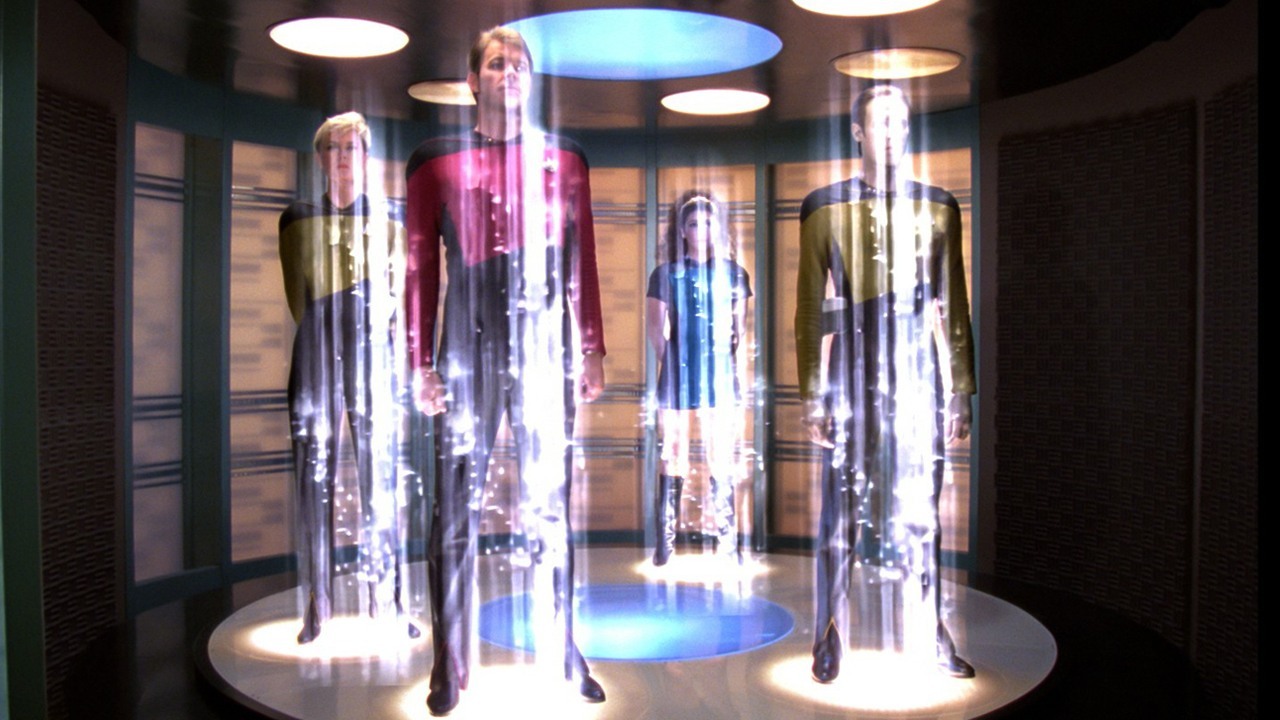Kakadu18 said:
How do you know that? |
Like in said in my original post. I worked for a little while in the shipping and purchasing department when the guy at the moment rage quit and me and other supervisors took over untill a replacement was found.
Money spend buying material was considerd spent but money or product sold was not fully considered sold untill it reached the destination and retailer has accepted it and decided not to send it back for whatever reason. And I'll tell you that retailers would reject shit for small things or refuse to pay or demand cuts. We complied to avoid loosing a reocurring purchase.
It takes genuine talent to see greatness in yourself despite your absence of genuine talent.




















































